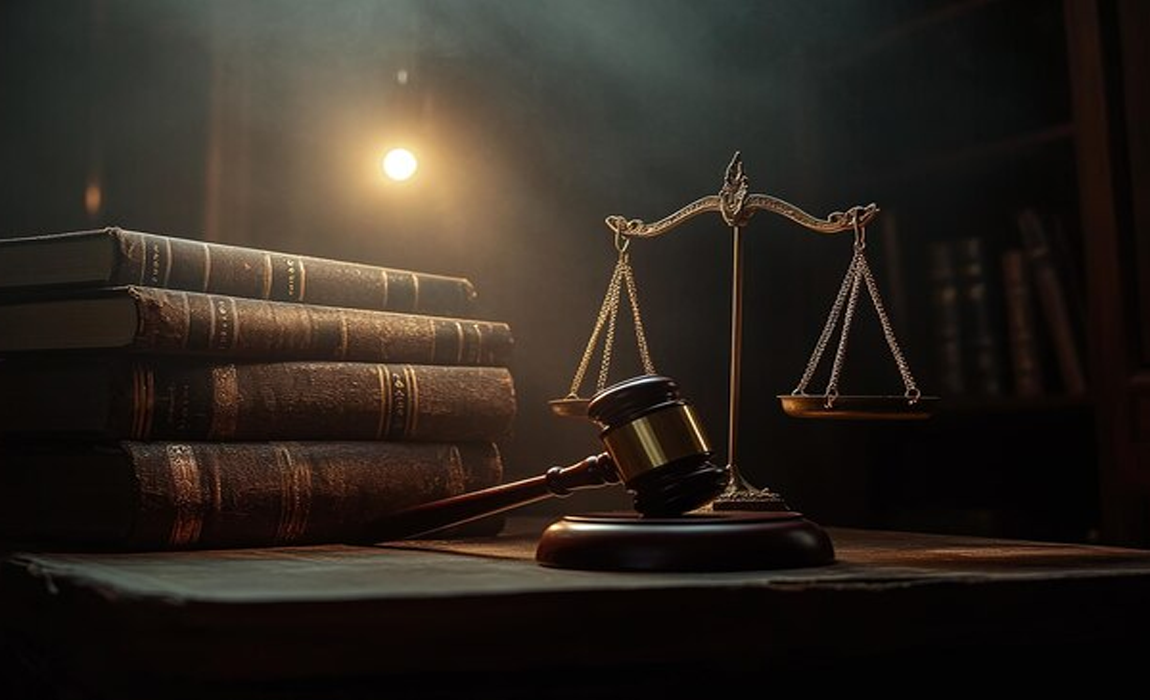Mohammed Jabir v. National Investigation Agency, Diary No(s). 34469/2024

Facts: The accused faced charges under various provisions of the UAPA, IPC, and Arms Act, having been arrested in November 2022. The National Investigation Agency (NIA) failed to complete the investigation within the stipulated 90 days as per Section 43D(2) of the UAPA. It is important to note that Section 167 of the CrPC applies to Section 43D(2) with modifications. During this period, the trial court extended the accused's custody based on an oral request from the NIA. When the case was heard, the accused did not exercise his right to default bail. On the same day, after the NIA applied for an extension under Section 43D(2)(b), the accused filed for default bail in the afternoon. The trial court decided both applications together, granting the NIA's request while dismissing the accused's bail application. The accused challenged this decision before the Karnataka High Court, arguing that the trial court failed to inform him of his right to apply for bail. The High Court rejected the petition, stating that the NIA had valid reasons for not filing the chargesheet within 90 days. This order was subsequently challenged in the Supreme Court.
Issue: When a default bail plea and an application to extend time for filing a chargesheet are filed on the same day, which prevails?
Observation: The Supreme Court allowed the application for exemption from filing the certified copy of the impugned judgment and official translation, condoning the delay. The Court agreed to consider the legal question of whether a default bail application filed under Section 167(2) of the CrPC could take precedence over an application for an extension of time to file the chargesheet under Section 43D(2) of the UAPA when both are filed on the same day. The Court reiterated that in matters concerning personal liberty and penal statutes, it is the obligation of the court to inform the accused of their entitlement to free legal assistance as a matter of right.
